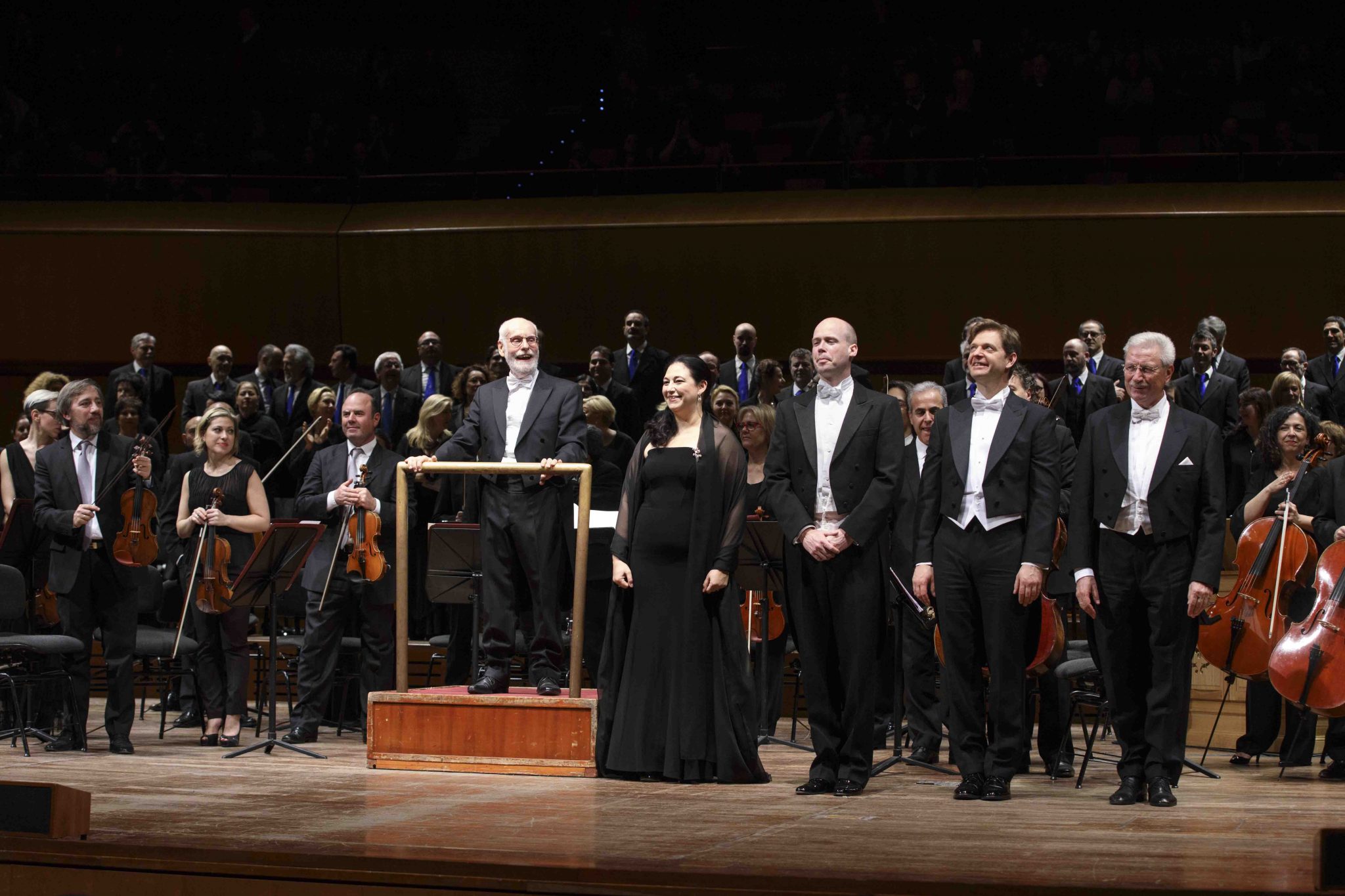A Messiah with a difference
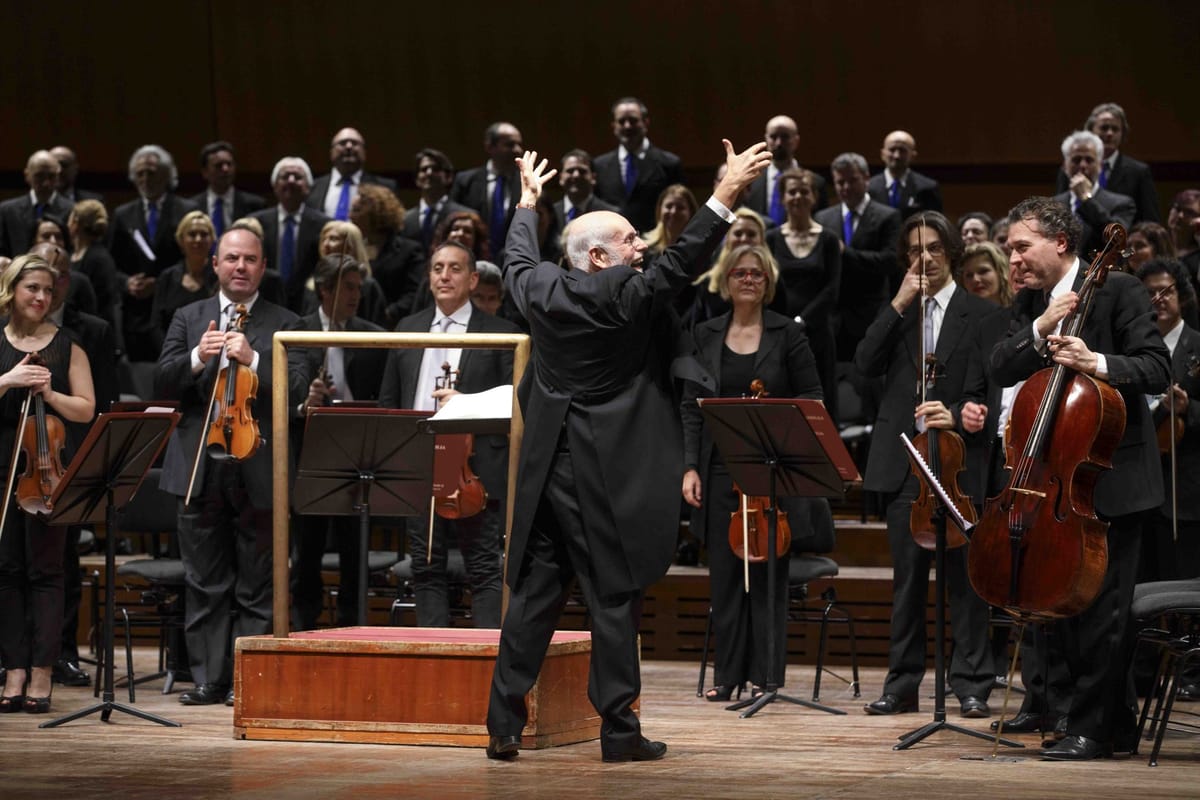
Ton Koopman’s version of Handel’s Messiah at the Auditorium Parco della Musica in Rome, was rather different from the ones typically heard all over the Anglo-Saxon world; and it was unusual enough to prompt some detailed research into the musicology of what most classical music lovers think of as a very familiar work.
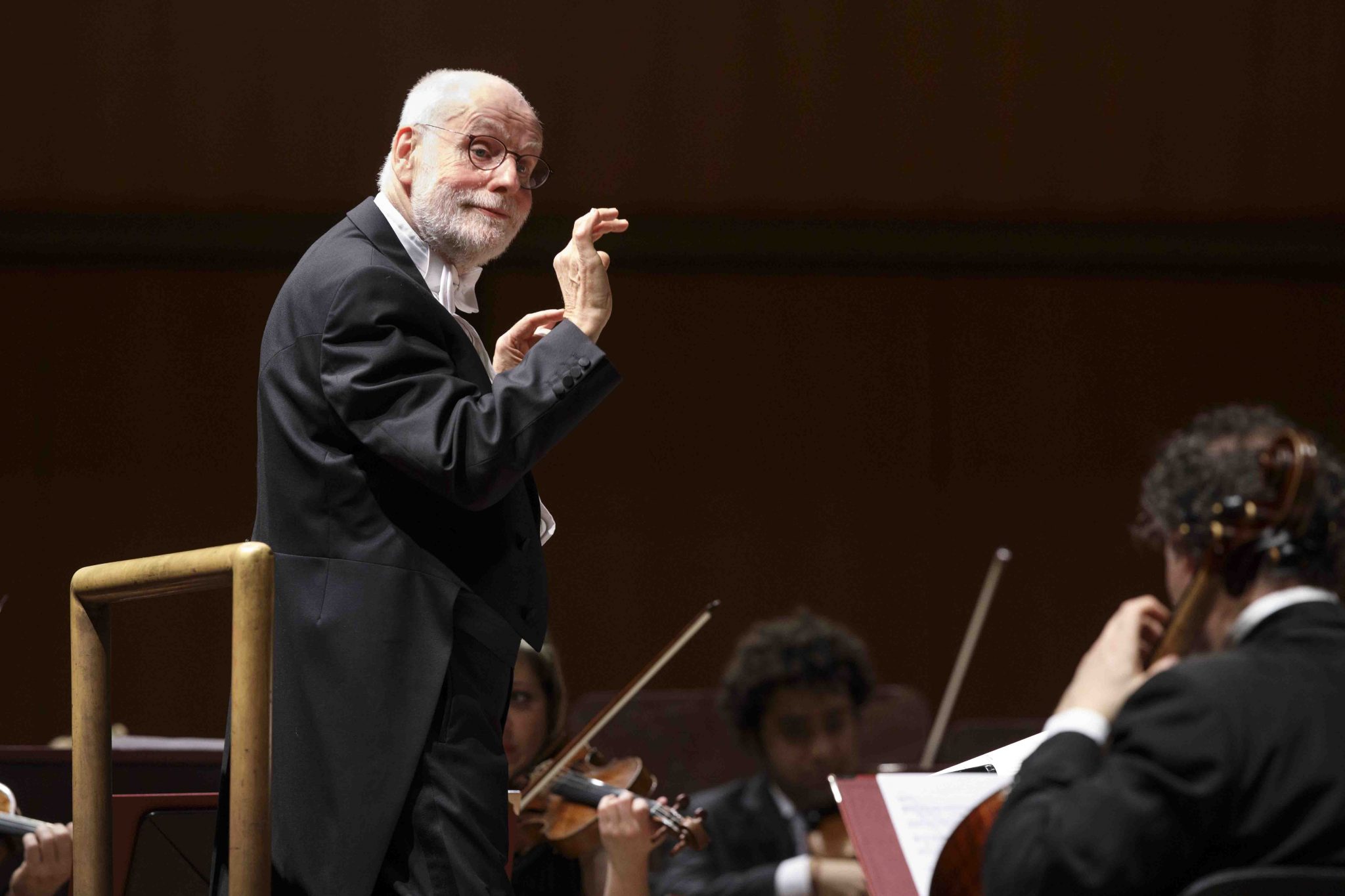
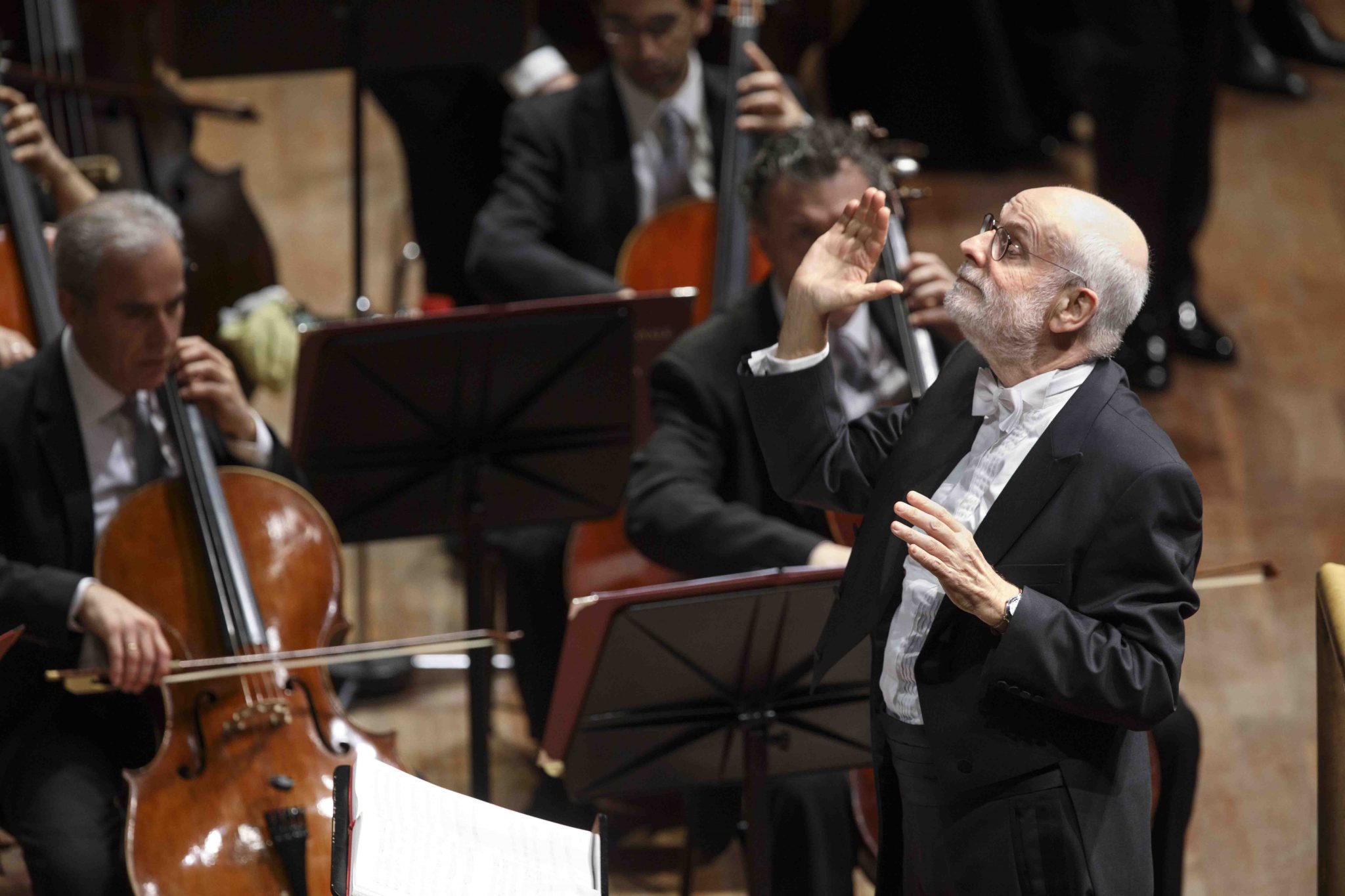
This oratorio was composed at a stage in Handel’s life when he appeared to have ‘peaked out’, after many years of exceptional success in London. A native of Germany, Georg Friedrich Handel settled in Britain in his twenties, where he championed the cause of Italian opera for many years. Beginning with the 1711 production of Rinaldo, Handel went on to write more than forty operas; however, by the 1730’s, the popularity of Italian opera was waning because of the emergence of English-language operas, and Handel was finding it increasingly difficult to get funding for his own. He therefore turned to writing English-language oratorios, and composed the Messiah in all of 24 days, in July-August of 1741; this speed of composition, however, was accompanied by numerous rewrites of the oratorio over many years, of which the two major versions are the so-called Dublin (1742) and London (1743-49) versions. These were composed for concerts at the eponymous venues, but, especially in the case of the London versions, were frequently modified in response to the reactions of the public and/or the capabilities of the soloists.
Koopman melded the London versions with the Dublin one for this performance, with interesting results. There was much more ornamentation in the arias than normal, and by contrast, a much sparser orchestral line, the latter presumably to reflect the earlier Dublin version. His choice of a counter-tenor for the alto line was, however, a bit unfortunate; the thin near-falsetto of the upper reaches of this range didn’t really do justice to some of the most beautiful arias in the oratorio. A case in point is He was despised, whose pathos was much diminished as a consequence of being sung at this inappropriate pitch; to ears accustomed to the rich overtones of say a Janet Baker, a counter-tenor pitch sounded strained and in the end, emotionally counter-productive.
All said and done, however, this was an immaculate performance; the Orchestra dell’Accademia Nazionale di Santa Cecilia were impeccable in their intonation, and the opening Comfort ye, my people by the fine tenor Tilman Lichdi, was a balm for one’s spirits, given the timing of this concert a few days after the tragic events at Westminster. Ev’ry valley shall be exalted, very different in emotional content, gave a sense of hope and indeed exaltation as performed by Lichdi.
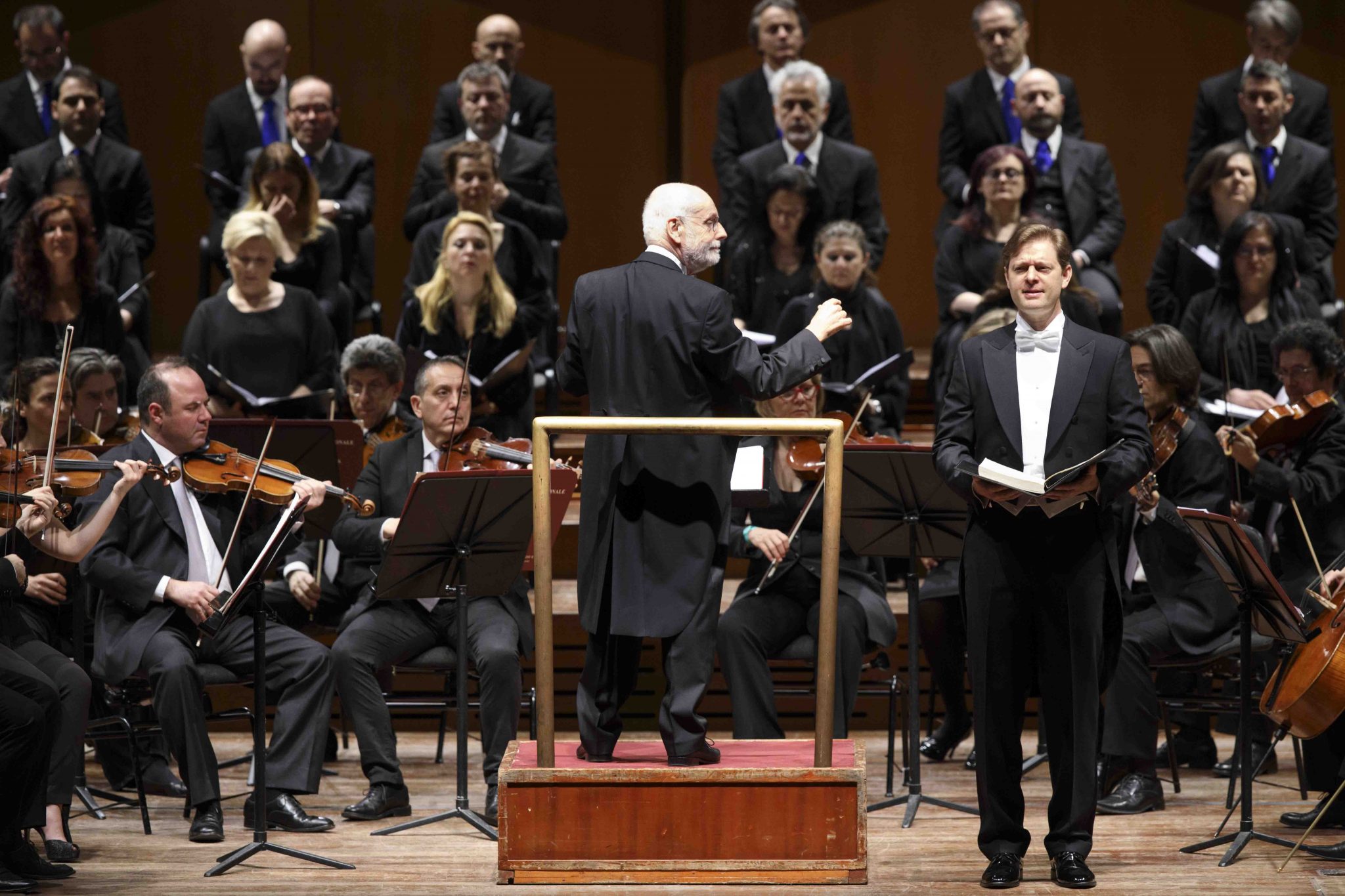
Another well-loved aria for alto and chorus, O thou that tellest good tidings to Zion suffered somewhat from the solo being sung in a counter-tenor voice – this is of course no reflection on Maarten Engeltjes’s undoubted abilities – which rather forced the tone of this normally lilting and cheerful aria.
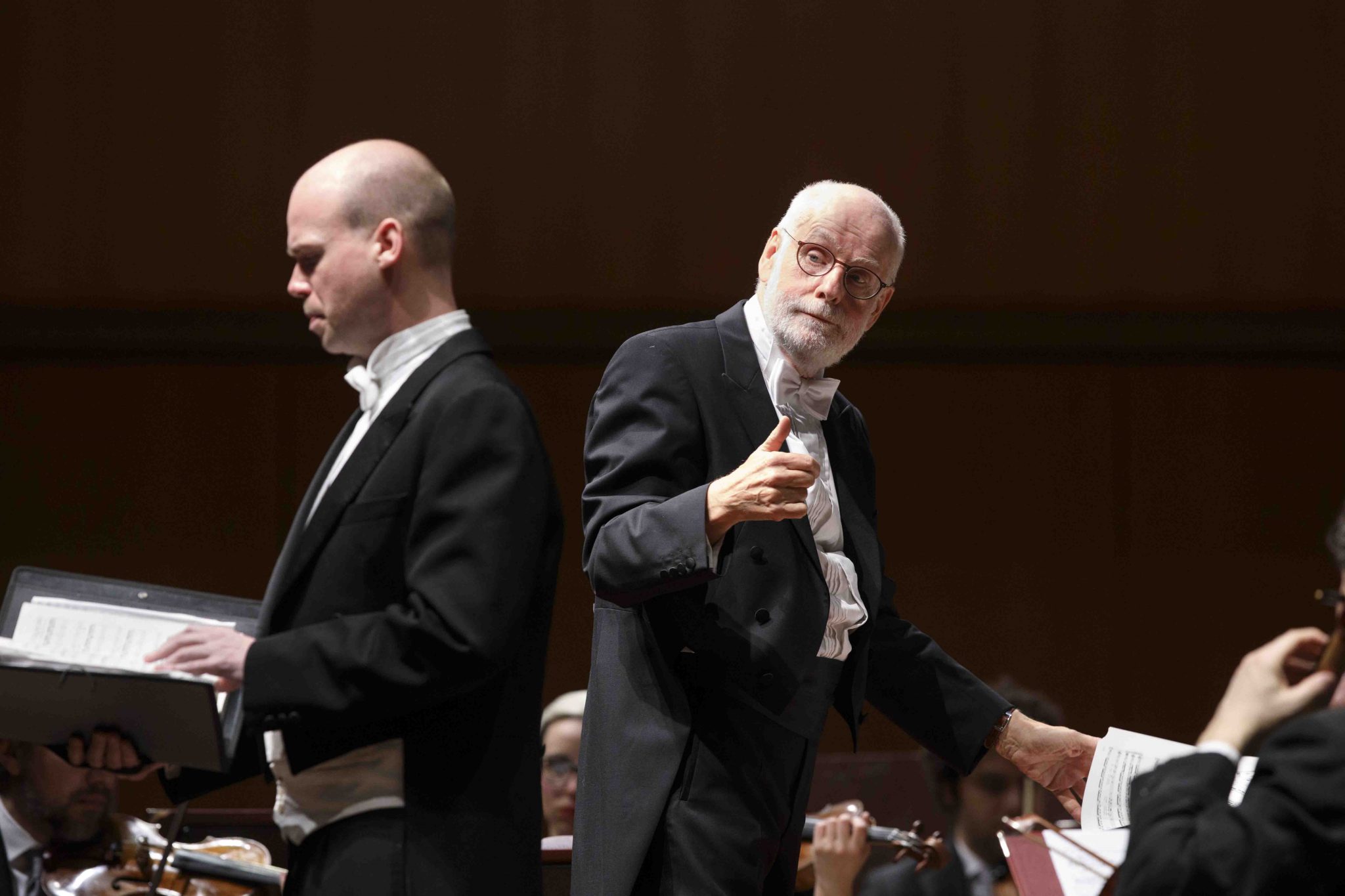
The Choir of the Accademia Nazionale di Santa Cecilia were more than equal to the challenges of this work and their joyful renditions of For unto us a child is born and Glory to God in the highest were full of vitality. The Hallelujah chorus lost some of its potency because of the brisker-than-usual tempo but was, nevertheless, rousing to the point that the audience exploded in spontaneous applause; perhaps standing up during it, as is the case in Britain, would have allowed the audience to partake of this exaltation more noiselessly? The Pastorale by the orchestra, though taken once again at a faster tempo than usual, was played with a comforting simplicity, the perfect depiction of a quiet night where shepherds kept watch over their flock.

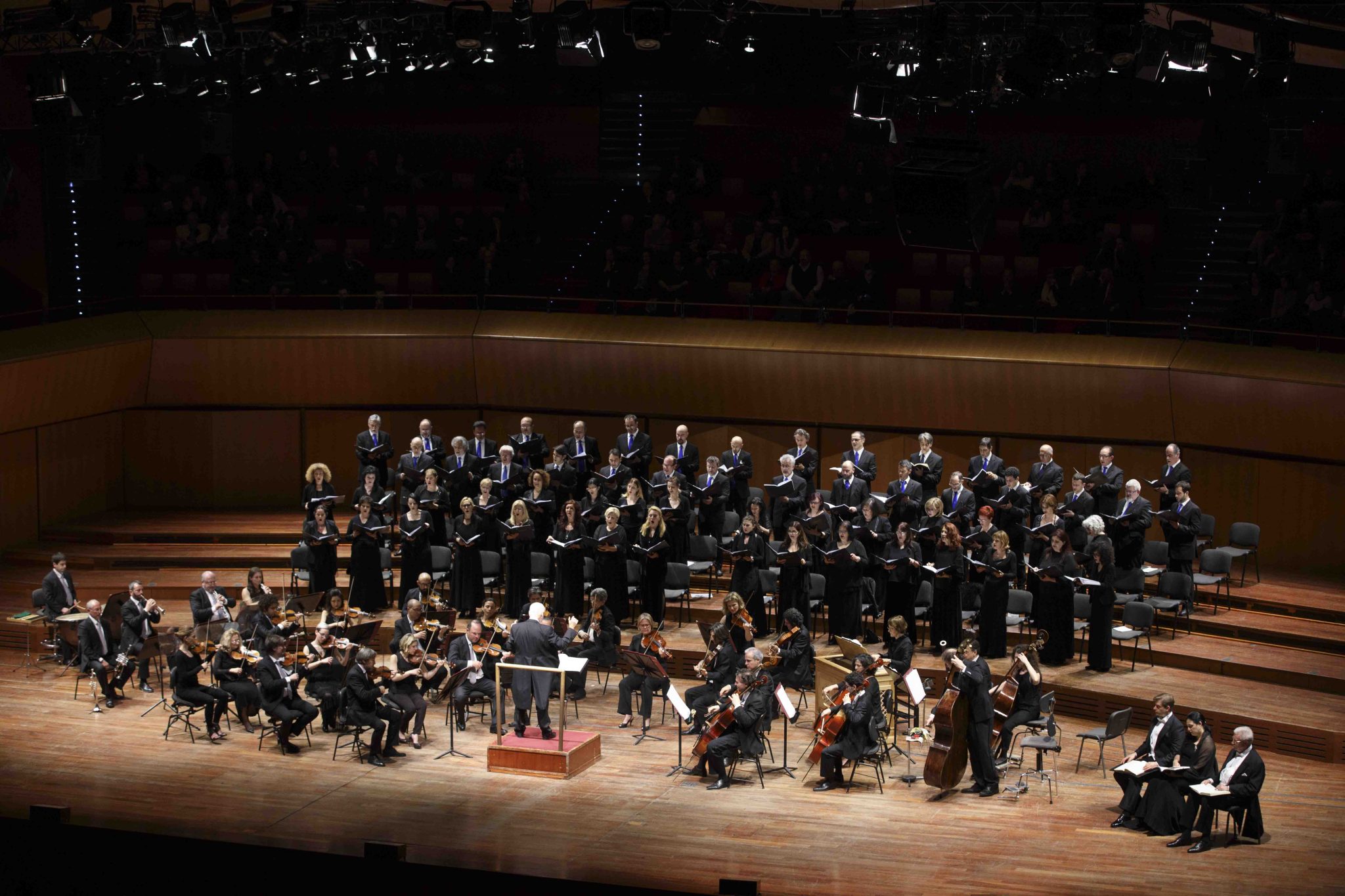
From the moment the soprano, Yetzabel Arias Fernandez, made her entry via the recitative There were shepherds abiding in the field, she imbued the performance with a rare drama, especially in And suddenly there was with the angel a multitude of the heaven’ly host. Her musicality was truly outstanding, with a vocal range that was equalled only by its tonal richness; she negotiated the elaborate ornamentation of Rejoice greatly, O daughter of Zion, with a deceptive ease, imbuing its high notes with an uncommon colour and depth. Her intensity of expression made I know that my Redeemer liveth a deeply moving and redemptive experience, as death gave way to resurrection, despair to renewed hope.
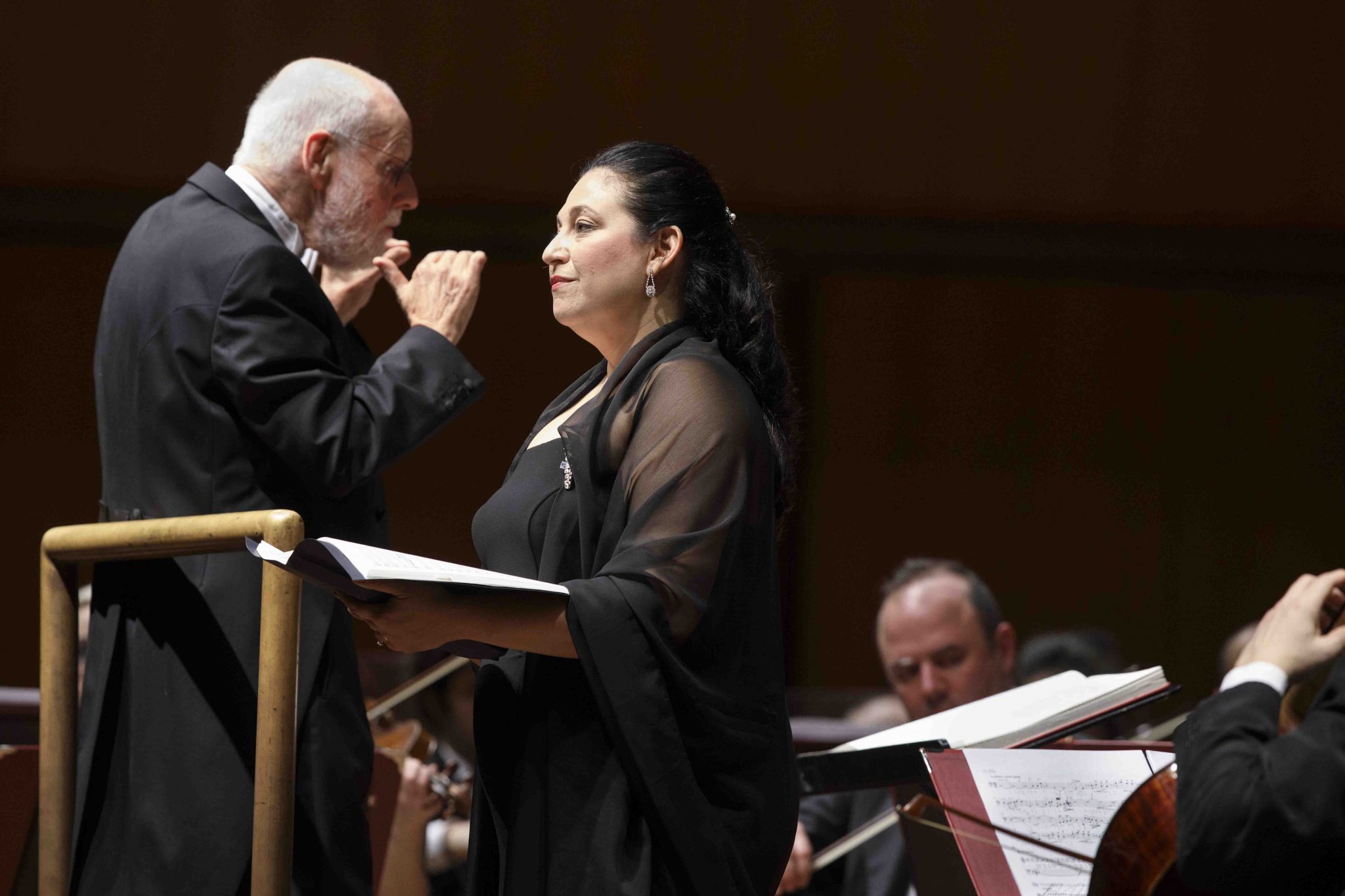
The bass, Klaus Mertens, was at his most impressive in Part III of this oratorio; his expressiveness in Behold I tell you a mystery gave it a haunting depth, a thrill of mystery, as the secret of the Last Trumpet was revealed. Mystery and revelation gave way to majesty and declamation in The trumpet shall sound, a testament to Mertens’ dynamical and emotional range.
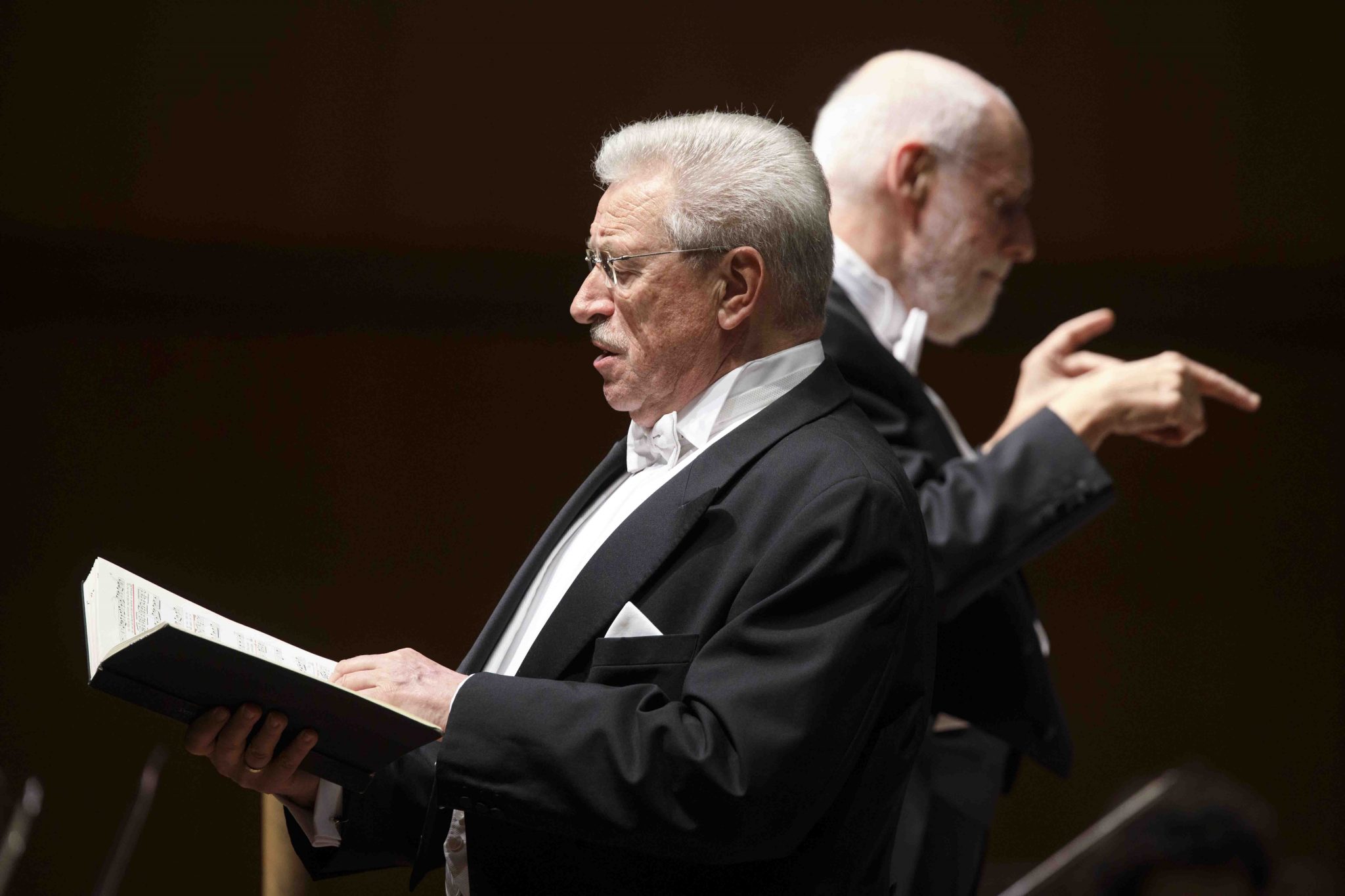
A beautiful performance of O Death, where is thy sting by the tenor Lichdi was the last solo before the choir took over with Worthy is the Lamb, and then brought the concert to a resounding close with the long and soul-restoring Amen.
